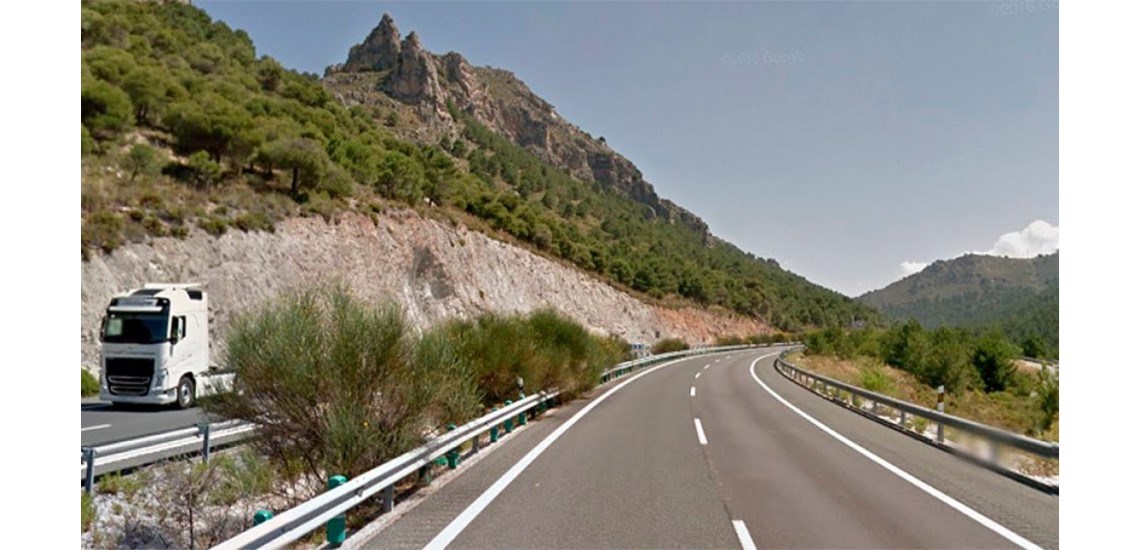During September, roadworks were carried out to improve the road safety on the A-92 passing through Puerto de la Mora in the Province of Granada between Kilometres 256 and 269. This stretch is a priority enclave for the Andalusian Community and one of the fundamental motorway transport routes, because it channels huge quantities of traffic.
How Crumb Rubber Has Made the Difference on Road A92
These quantities normally exceed more than 18,000 vehicles, of which more than 2,600 are trucks, connecting western Andalucia with the province of Almeria and the zone of Levante. Thus, the renovation of the road surface is expected to enhance road safety and the effectiveness of the winter road management plan in this area, as it is one of the most dangerous areas in the province, because it goes through a mountain pass with an altitude above 1,300 metres,
The works included putting down a new layer of tarmac, because the old road surface had deteriorated due to the increased levels of traffic, as well as extreme weather conditions.
During the winter, there are continuous snowfalls, while in summer the road is exposed to many hours of solar radiation and increased temperatures. To be able to face up to these challenges, a micro surface of 3 centimetres thickness was chosen, made by a mix similar to BBTM 11B with a discontinuous mineral skeleton, which provides roughness and good performance if it rains, manufactured with a modified bitumen from ground tyres, which makes it possible to increase the resistance to surface deterioration and reduce the impact of the thermal degradation. This thus increases the service life, comfort and safety of the tarmac.
Furthermore, they carried out improvements on several stretches in which a technology that makes it possible to reduce the manufacturing temperature of these mixtures by 30-35 degrees was used, contributing to a reduction in the emissions of pollutants and the consumption of fuels associated with the production of these materials.
These projects have been realised inside a research project entitled ‘Study of Binders and Modified Asphalt compounds with Ground Tyres in Severe Climates’, that aims to principally develop new high-performing, more sustainable bituminous materials.
The project is the offspring of a collaboration between the Department for Development and Housing for the Regional Government of Andalucia, the construction company Pérez Jiménez and the Construction Engineering Laboratory from the University of Granada.
It is one of the most important interventions carried out to date, in Europe, with manufactured mixes from ground tyres. It is the first time that they have used low-temperature rubber mixtures on the construction of 13 kilometres of motorway with increased volumes of traffic and severe climates, in which they have recycled approximately 160 tonnes of rubber crumb. This is equivalent to more than 32,000 tyres at the end of its useful life.




















